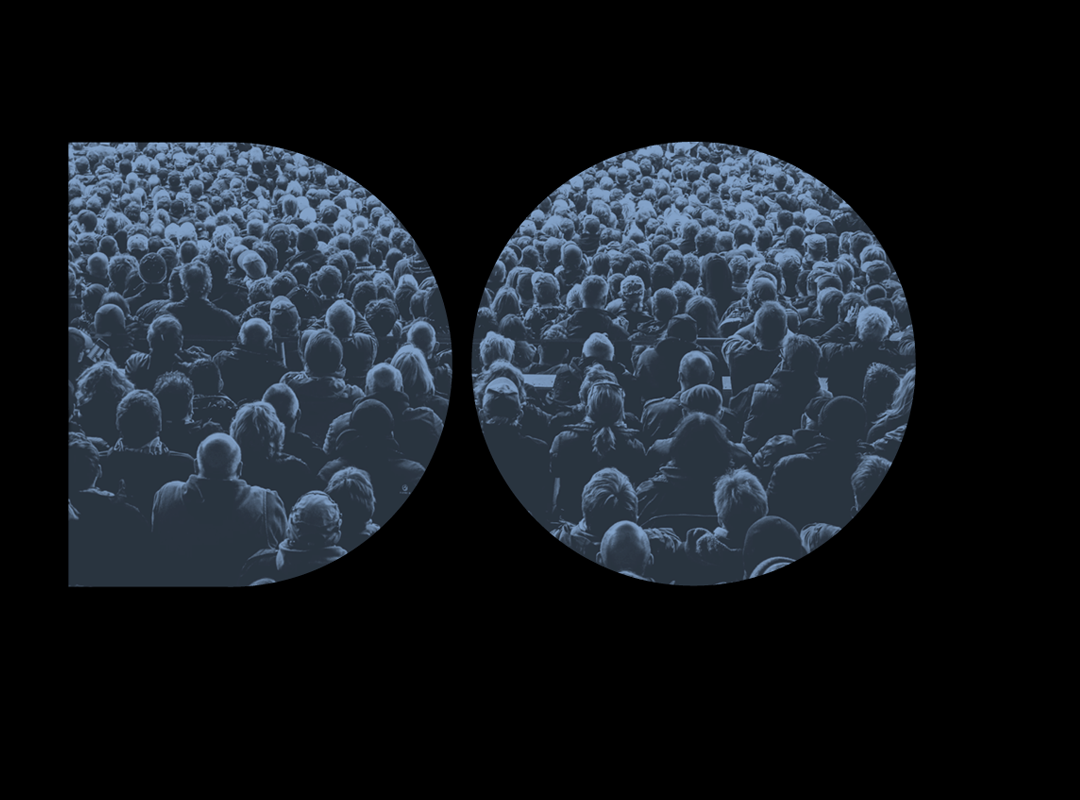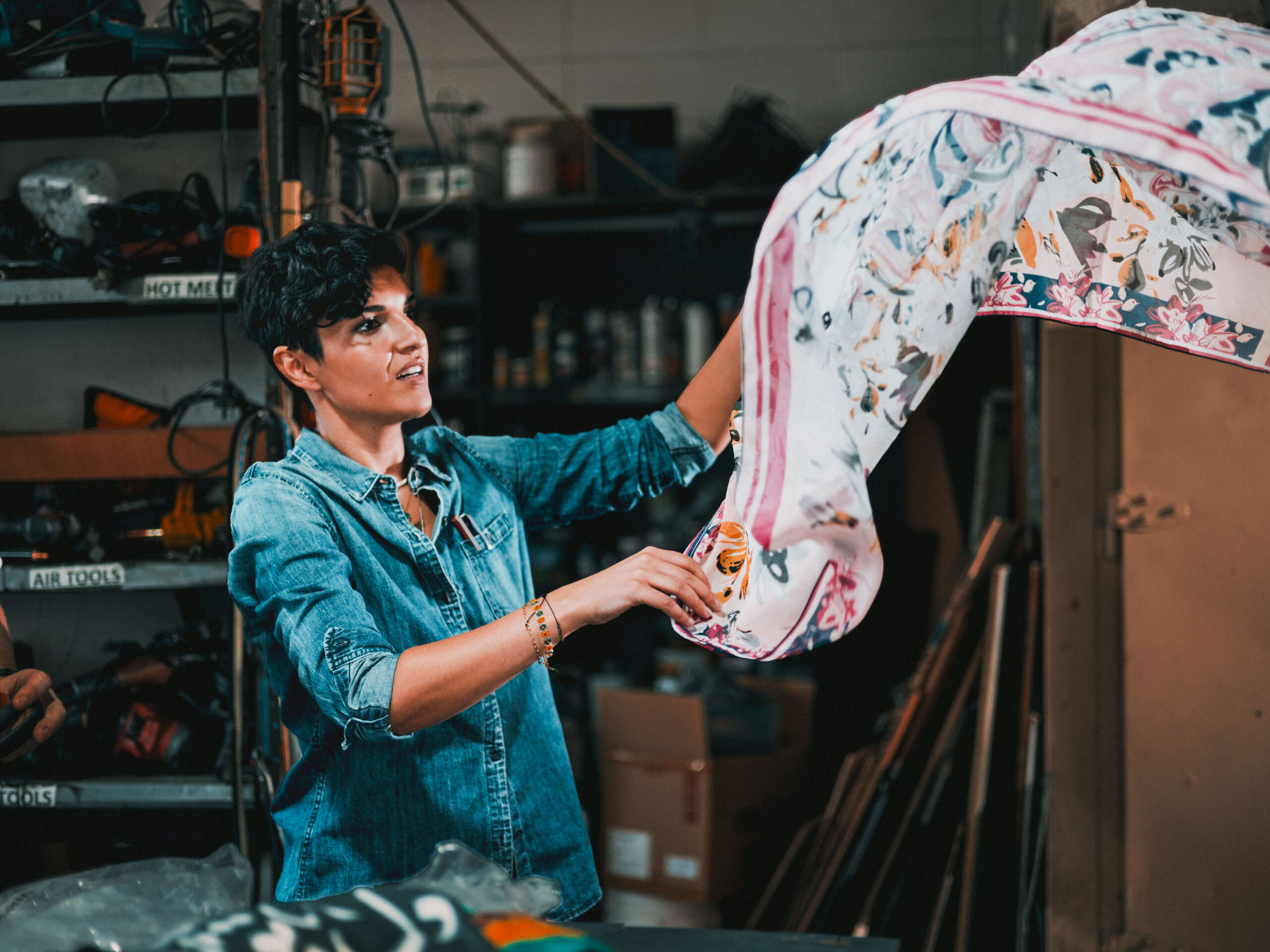
February 6, 2012
Beautified Words
I hope this won’t come across as hijacking another writer’s train of thought, but Alexandra Lange’s insightful post here over the weekend about “the handmade-by-someone-else valentine” arrived at a moment when I was puzzling over the romance of the hand myself. In fact, her piece arrived shortly after I’d written these two paragraphs:
An increasingly digital world enhances the appeal, the sincerity, the romance of the analog. This has been widely observed: vinyl records, post cards, lavishly printed books, Polaroids, etc. But what’s more analog than the human hand? Speaking of romance, is the hand not the ultimate medium of sincerity in expressing, say, love? With Valentine’s Day approaching, one source puts forth the proposition: “There’s nothing quite like pausing to read the feelings of the heart put to paper.”
The context for this uncontroversial proposition is the Love Letter Service offered by Paperfinger. Paperfinger is the calligraphy and hand-drawn-design studio of Bryn Chernoff, and the upshot is that for $200, you can rent her hand. “Submit your love letter and Paperfinger will transcribe it in beautiful, calligraphic script on gorgeous, textured, Italian stationery with deckled edges.”
After those two paragraphs, I’d written a few more tentative sentences … then gotten a bit stuck. The sample images Papercraft offered are, indeed, aesthetically lovely. And I learned of this from SwissMiss, whose taste I never question. Yet I remain puzzled by the implications of the service that’s for sale here. It’s one thing to maintain that a handwritten love letter on paper has more appeal than a text message. It’s something else to job out the hand bit of the equation. “Your words, beautifully handwritten” — that’s appealing. But actually written by a hired hand? I just wasn’t sure what to make of it.

Via Paperfinger
What we’re dealing with here, I now think after stewing for another day or two, is the question of form vs. content. Do the exact same words of love have different meaning, or impact if they’re scrawled, typed, laser-printed in a handsome font, or artfully hand-executed by a genuine artist of calligraphy? Sure. But my instinct is that the more one is confident in the impact of the form, the easier it is to compromise on the content: “Well that’s not bad — and it will seem better when it looks super-awesome!” This urge must be resisted. A love letter, like almost anything else worth doing, ought to be, on some level, agonizing. It’s a high-stakes act; the words must be perfect and perfectly ordered; intention and emotion must be clear and true; the most challenging audience a writer can face is the audience of one. There’s a reason that Cyrano wins the heart of Roxanne, and it’s not penmanship.
(And speaking of the audience of one, it’s clearly a little odd to bring a third party into this form of communication. “A love letter is deeply personal and I hold all contents in the strictest of confidence,” Paperfinger assures, and I believe it. But wouldn’t the mere knowledge of an additional reader affect the composition?)
That said, speaking as someone with hot-mess handwriting, I’m sympathetic to the idea that a love letter that resembles some kind a ransom note scrawled by an eight-year-old might not help the cause. And to make the broader point: Bad form really can undermine good content, maybe decisively. I’d recommend simply taking the time and perhaps multiple drafts in your own hand to arrive at something legible, even if it’s not suitable but framing. But I won’t dismiss the hired human touch out of hand.
Still: Craft your sentiments precisely before shipping them off to your love-note vendor of choice. The paradoxical risk of opting for the analog sincerity of a handwritten letter in this instance is that you risk coming off like a phony. It won’t matter how beautiful your valentine words look as letter forms on fancy paper if those words aren’t clearly, unmistakably, decisively recognizable as your own, and no one else’s.
Observed
View all
Observed
By Rob Walker
Related Posts

Arts + Culture
Nila Rezaei|Essays
“Dear mother, I made us a seat”: a Mother’s Day tribute to the women of Iran

The Observatory
Ellen McGirt|Books
Parable of the Redesigner

Arts + Culture
Jessica Helfand|Essays
Véronique Vienne : A Remembrance

Design As
Lee Moreau|Audio
Announcing: Design As Season Two
Recent Posts
“Dear mother, I made us a seat”: a Mother’s Day tribute to the women of Iran A quieter place: Sound designer Eddie Gandelman on composing a future that allows us to hear ourselves think It’s Not Easy Bein’ Green: ‘Wicked’ spells for struggle and solidarity Making Space: Jon M. Chu on Designing Your Own PathRelated Posts

Arts + Culture
Nila Rezaei|Essays
“Dear mother, I made us a seat”: a Mother’s Day tribute to the women of Iran

The Observatory
Ellen McGirt|Books
Parable of the Redesigner

Arts + Culture
Jessica Helfand|Essays
Véronique Vienne : A Remembrance

Design As
Lee Moreau|Audio

 Rob Walker is a technology/culture columnist for
Rob Walker is a technology/culture columnist for